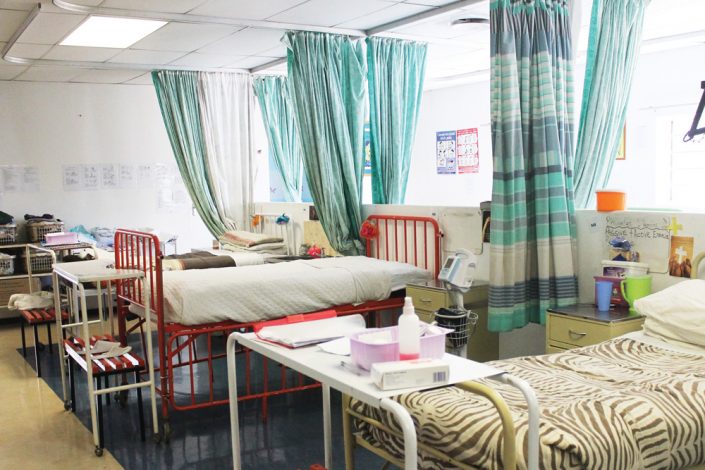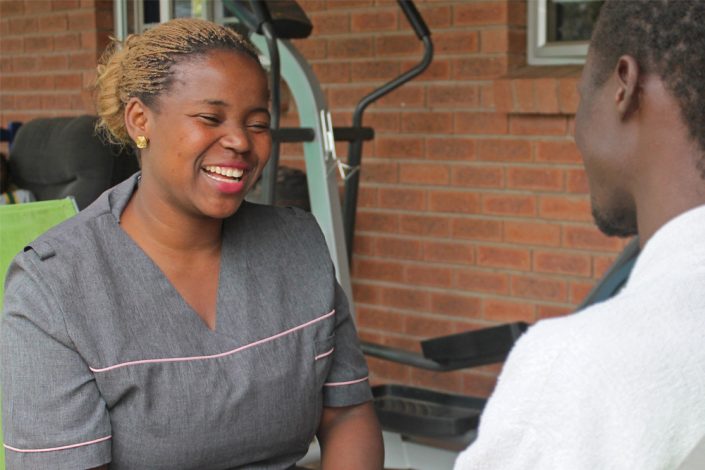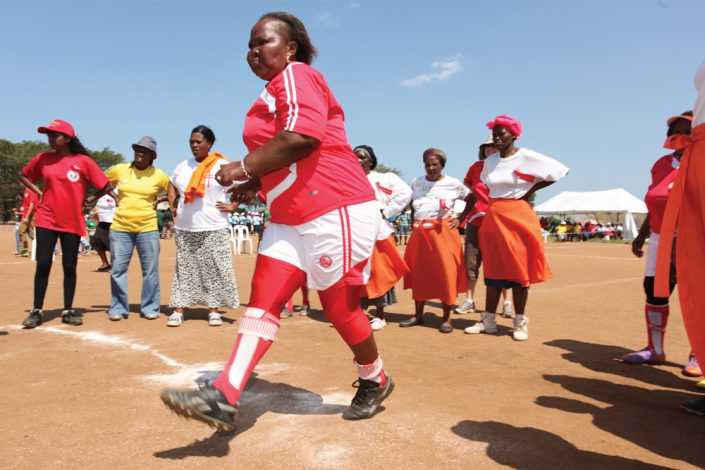SUPPORTED HEALTH INITIATIVES
CANSA – Mkuhle House Chatsworth Child and Family Welfare Society CHOC LodgeDenis Hurley Centre Epilepsy Foundation of South Africa Hillcrest AIDS Centre Trust Interface KZN Jumping Kids Kathleen Voysey Trust Keshivan Govender Medical Fund KZN Blind and Deaf Society KZN Children’s Hospital KZN Eyecare Coalition KZN Society for the Blind Lancer’s Road Clinic Mavela Hospice Merewent Cheshire Home Reach for a Dream Saint Giles Step Up 500 Thandolwethu Community Centre The South African Council on Alcoholism and Drug Dependence (SANCA) The South African Red Cross Tobeka Madiba Zuma Foundation Verulam Regional Hospice Waterloo Clinic
Dainties For Dames
(Amaphuphesizwe Secondary, Asande High, Chibelihle High, Dabeka High School, Dikwayo Primary, Emakheni High, Emlandeni Primary, Esikhululiwe Primary School, Ezindlovini Primary, Inkosinathi Secondary School, Isibanesezwe Secondary School, Isifisosethu High, Khayelihle Secondary School, Khethimfundo High, KwaNgoza Secondary School, Lukhasa High, Matomela High, Mqedi Primary, Mqhawe Secondary School, Nombika High School, Nonhlevu Secondary School, Our Lady High, Sabuyaze Secondary School, Sacred Heart Secondary School, Sisebenzile High School, Siyazama High, Sizani Combined School, Terance Manor High, Thubalethu Secondary School, Ubuhlebemkundo Secondary, Ukukhanya Kwezwe Secondary School, Velangezwi Secondary School, Vukile High School, Wosiyane Secondary School, Zephania Secondary
FEATURED PROJECT
Hillcrest AIDS Centre Trust
Hillcrest AIDS Centre is making a difference in the lives of those living with HIV/AIDS.
READ MORE
As well as physically caring for those suffering from this disease, they offer social and emotional support to the
families and communities affected by it.
The centre’s Othandweni Respite Unit offers free palliative and respite care to those in need. The facility has a strong success rate, and more than 60% of the extremely ill patients who arrive end up recovering, thanks to the distribution of ARVs as well as the love and care they receive at Othandweni.
The centre also runs Granny Support Groups, reaching out to grandmothers affected by HIV/AIDS. In most cases, these grannies have lost their children to the disease, and are responsible for looking after their orphaned grandchildren. Granny groups are about alleviating stress, developing skills and launching income-generating initiatives.
Activities like the Gogo Olympics provide a much-loved distraction from the daily challenges of life in the foothills of the Valley of a Thousand Hills.
PADDY KEARNEY
HAVING STARTED OUT AS A TEACHER WORKING IN CHURCH SCHOOLS, I GOT INVOLVED WITH THE JUSTICE AND PEACE COMMISSION.
READ MORE
The Archbishop then approached me and asked me to start a new organisation called Diakonia. I declined, as I didn’t think it was right for me. Nothing happened, so I eventually agreed to do the job. I had no idea I’d still be here 30 years later.
The old parish centre was extremely dilapidated and unsuitable as a place for poor people to come to in order to improve their lives. The building was refurbished and named the Denis Hurley Centre. We eventually had to knock down that original building and build the one that you will see today.
The centre is doing wonderful work in the community. We are very aware of the plight of people who are afraid to come here, such as people living with HIV/AIDS and people who are aware that they smell. Our team goes out onto the streets and into parks and derelict buildings, treating people right where they are.
We are immensely grateful to the Sibaya Community Trust, who paid for this space and for our clinic, which is the lead project of the Denis Hurley Centre.
I am passionate about helping people, giving them advice and setting them on a new trajectory in their lives. I didn’t think I’d be able to do it, but I’ve found that I can.
SHAMILA SURJOO
HAVING GROWN UP WITH IMPAIRED VISION, I’VE BEEN A CLIENT OF THE KZN BLIND AND DEAF SOCIETY FOR A LOT LONGER THAN I’VE BEEN ITS PRESIDENT.
READ MORE
I firmly believe that everyone has potential and strengths, whether you are disabled or not. Everyone needs to be given opportunities and have the best brought out in them. At the Society, disabled people make up at least 50% of our staff complement of 184. The work they are doing is phenomenal.
We promote the employment of disabled people in the corporate sector because we know that if they are given an opportunity, they will deliver. Here at the centre, we train people for future employment opportunities and teach them about basic things like punctuality, regular attendance and work ethics.
We run a programme for children who are blind, deaf or have another disability. The stimulation that they are given at the centre and the abilities that they gain – like being able to use their hands to complete a small task by themselves – is an amazing thing to witness.
Our immense gratitude goes to the Sibaya Community Trust for their donation of R1 000 000 towards renovation work to our building. We were able to carry out much-needed repairs to the windows and install new security walls.
There will always be challenges for the disabled – but we are here to overcome those problems and help people to seize opportunities.
RAYMOND PERRIER
I ARRIVED IN DURBAN IN 2015, HAVING SPENT FIVE YEARS IN JOHANNESBURG AND HAD ORIGINALLY COME FROM THE UNITED KINGDOM. I QUICKLY FELL IN LOVE WITH THE IDEA OF A MULTI-FAITH RESPONSE TO THE PROBLEM OF POVERTY IN DURBAN.
READ MORE
I started my career in advertising, and my first introduction to South Africa was in a corporate context. I watched the country develop during the 1990s and the new millennium and came to see the country as a place of great potential.
I spent two years working at a refugee camp in Northern Uganda. We had no roads, electricity or Internet. What we did have was the extraordinary faith of 60 000 Sudanese people. Whenever I get a bit frustrated, I think about those wonderful refugees and about their willingness to persevere despite all they had endured.
What has struck me over the years is that many people are scared of change, and underestimate how broad their skill sets are. They get to the end of their professional careers and realise that they let great opportunities pass them by. My advice is to take risks. Take that leap into the dark.
The Denis Hurley Centre is a place where different citizens of Durban come together. The involvement of the Sibaya Community Trust shows that they see the impoverished people who come to this building as fellow citizens – no less than their employees or the people who go to the casino.
Embrace the diversity of our city and go and meet a Durbanite who’s different to you.



